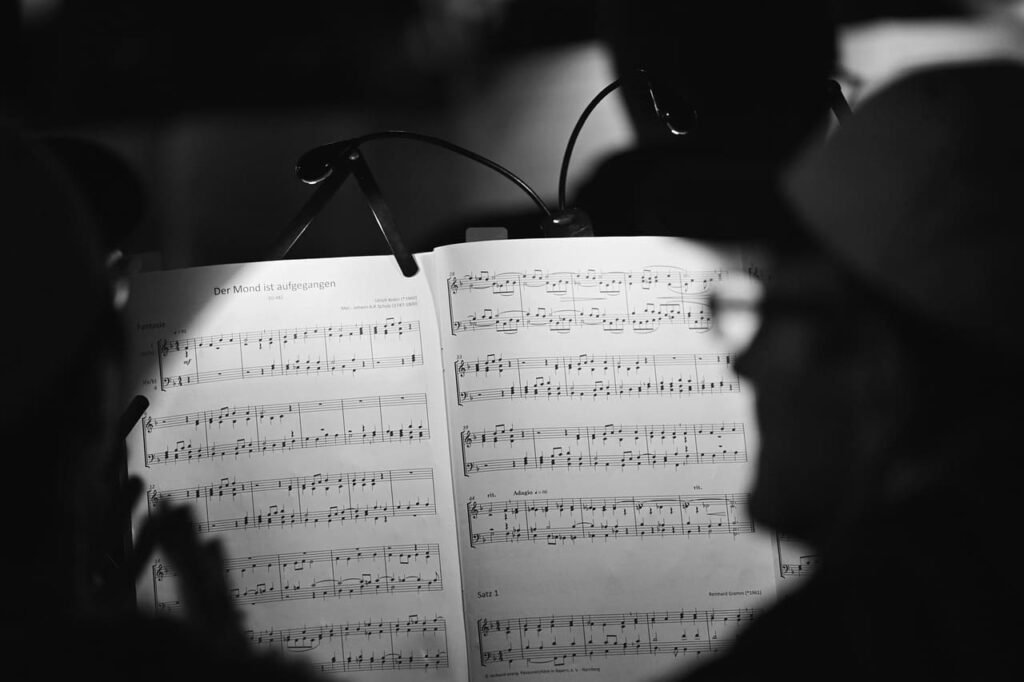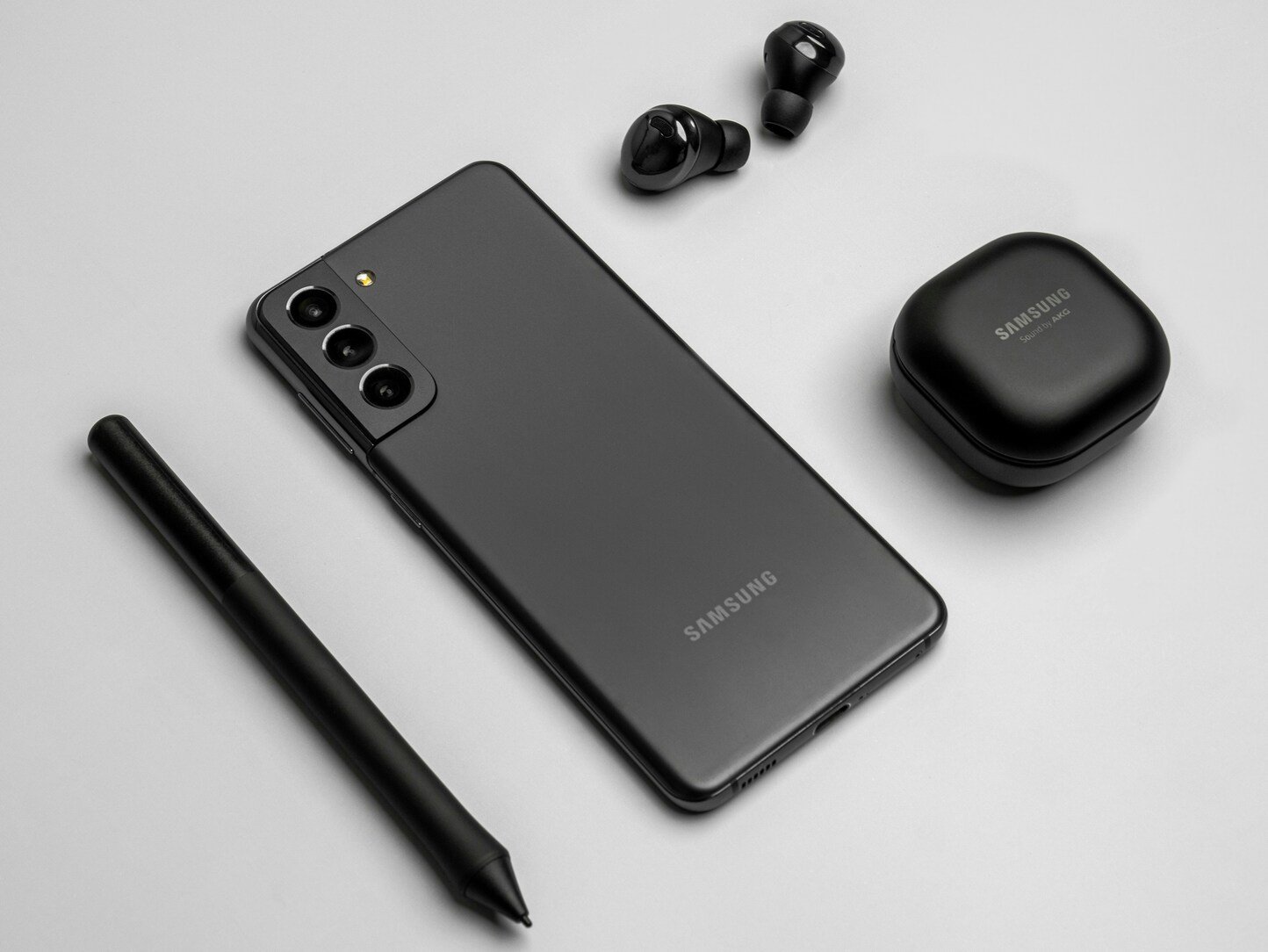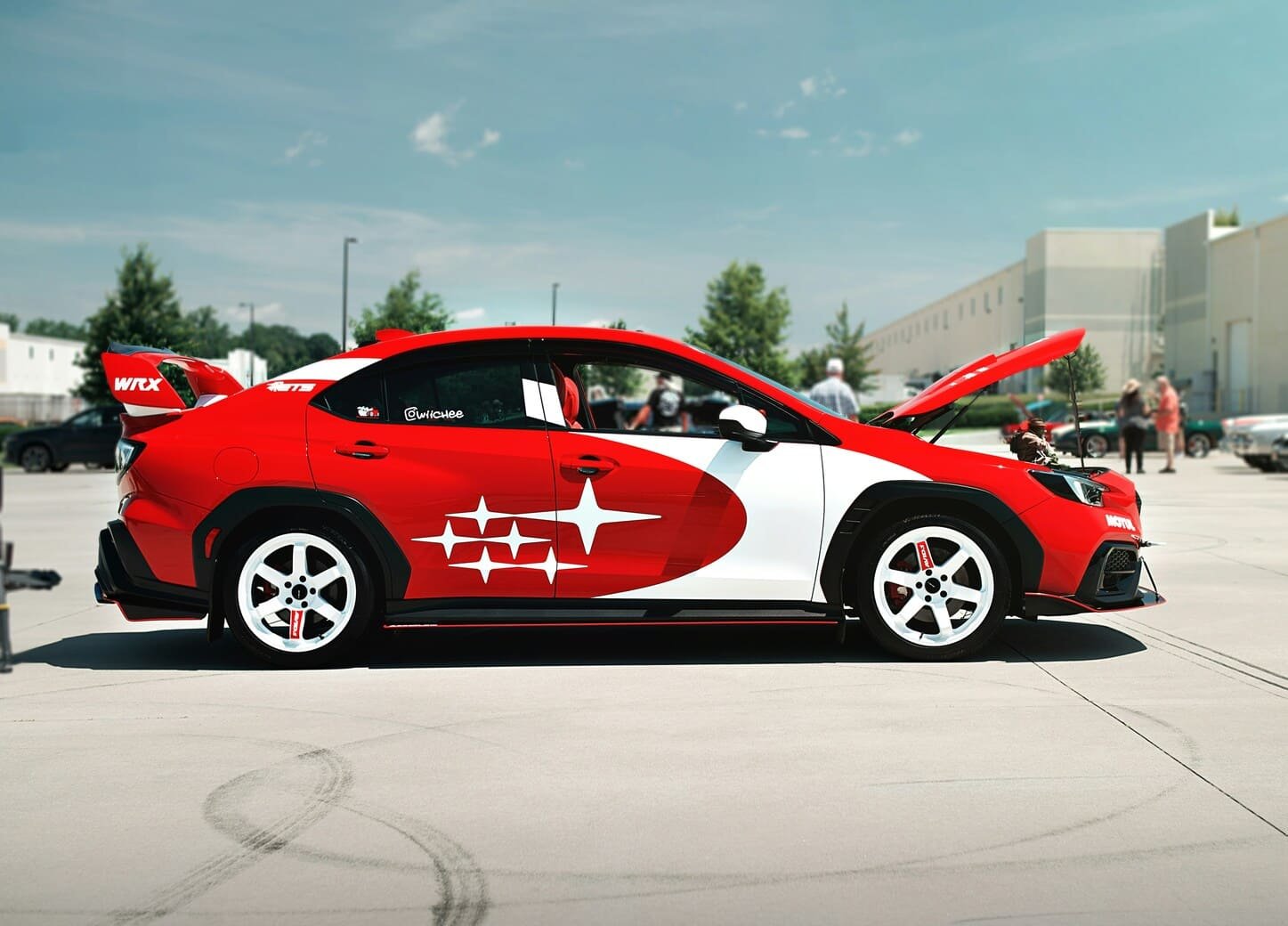In a landmark move, the European Union has formally implemented a ban on music created entirely by artificial intelligence. As AI tools continue to reshape industries, the music sector has become the latest battleground for balancing innovation with intellectual property rights. The AI-generated music ban in Europe 2025 not only affects how songs are created and distributed, but also signals the beginning of a new global conversation on machine creativity, copyright ownership, and ethical regulation.
This decision has widespread consequences—not just for European artists, but for global platforms, creators, and the very future of digital content production.
What Exactly Is the AI Music Ban?
The core of the legislation revolves around copyright protection. Under the new EU directive, any song or audio composition that is produced entirely by artificial intelligence—with no human musical input—will not qualify for legal copyright. This essentially strips AI music of its ability to be legally protected, monetized, or distributed through official channels.
As a result, popular streaming platforms such as Spotify, Apple Music, and YouTube Music are now being held accountable. They must either:
- Flag AI-only tracks with disclaimers
- Remove AI-generated songs lacking human authorship
- Or restrict monetization from such content entirely
Related: Monsoon Revival 2025: How Weather Is Impacting Global Tech & Art Scenes
Why Did the Ban Happen Now?
AI-generated content has grown exponentially in recent years. With tools like Suno AI, Soundful, Udio, MusicLM, and AIVA, artists or even casual users can now create complete music tracks—including vocals, instrumentals, and harmonies—with a simple prompt. This rapid adoption of AI-generated music has caused two major concerns:

- Threat to Human Artists: Songwriters and musicians fear being replaced by AI, which can produce unlimited compositions at minimal cost.
- Copyright & Legal Ambiguity: Current copyright laws were not built to accommodate non-human authorship, leading to disputes over ownership, royalties, and originality.
This prompted the European Commission to act preemptively, ensuring that music rights continue to benefit actual human creators.
A Split Reaction in the Music World
Supporters of the Ban
- Record Labels have largely applauded the move. They believe it protects creative jobs and ensures a fair playing field.
- Musician unions in France and Germany have praised the EU for taking a leadership role in defending artistic originality.
- Copyright lawyers argue that the legal system was vulnerable to loopholes exploited by anonymous AI creators.
Critics of the Ban
- Independent artists and digital creators say the rule is too harsh. Many rely on AI tools for fast prototyping, especially those who can’t afford large studios.
- Some producers claim the law fails to address collaborative projects where AI assists but doesn’t fully create the track.
Which Tools Are Affected?
This ban specifically targets tools that can generate full tracks autonomously. Here are some that fall into this category:
- Suno AI: Generates music and lyrics from text prompts
- Udio: AI-powered vocal composition
- AIVA: Classical music composition tool
- MusicLM (Google): Converts language prompts into music
- Soundful: Royalty-free music creation platform
It’s important to note that using AI as a support tool—such as for mastering or instrument tuning—remains legal. The ban focuses on solely AI-generated works.
What About Human-AI Collaborations?
This remains a grey area. The EU directive does not fully clarify the degree of human input required to qualify for copyright protection. For instance, if an artist uses AI to produce a beat but records their own vocals, does that count? Legal experts expect future court cases to set clearer precedents.
Related: PM Modi’s Aviation 2025 Vision — How It Could Shape Global Tech Policies
Could This Influence Other Countries?
Yes. The AI-generated music ban in Europe may be the first of many. Europe is often a trendsetter in tech legislation—especially in areas like data privacy (GDPR) and platform accountability (DMA Act). Industry insiders believe countries like India, Japan, Canada, and even the U.S. may soon start exploring similar regulations to prevent unregulated AI content from overwhelming traditional industries.
Global Impact on Music Industry and Streaming Platforms
Streaming giants now face increased compliance responsibilities. Not only do they need to filter content based on authorship, but they also risk massive fines if found in violation of new EU copyright laws. This has forced platforms to:
- Re-evaluate their content review algorithms
- Introduce manual vetting for new uploads
- Develop labeling mechanisms for AI-generated content
Additionally, global music festivals, award shows, and radio stations may also limit or disqualify AI-made music to align with the evolving legal landscape.
Economic and Creative Impacts
Creative Freedom vs Copyright Control
This new regulation reopens an age-old debate: should creativity be defined only by human input? Proponents of AI argue that machines can now express unique patterns, evoke emotions, and adapt stylistic trends. Denying them copyright, they say, restricts future innovation.
But the EU maintains that creativity without human intention cannot be protected under existing moral and legal frameworks.
Independent Music Economy
Freelance creators and YouTubers who previously depended on AI tools for soundtracks are now scrambling to revise their processes. Many are switching to semi-AI workflows—adding vocals, remixing samples, or integrating hand-played instruments to qualify under the new law.
Public Response and Expert Views
Across forums and social media, users are debating whether this is a progressive or regressive move. Some notable reactions include:
- Lina Bertolli, a music lawyer based in Milan:
“This regulation is necessary, but we need nuance. Blanket bans won’t work in a hybrid world.” - DJ Krypto, an indie artist from Berlin:
“AI helped me find my sound. Taking that away hurts young creators like me.” - Reddit user SynthJunkie:
“Human music will always have soul. Machines can never replace that. Good move, EU!”
Safety, Ethics, and Future of AI Creativity
This move by the EU may be the first step in larger ethical questions:
- Should machines be considered co-authors?
- How do we track the origin of creative works?
- Can algorithms ever be truly original?
Experts say we’re just beginning to understand the implications of autonomous creativity—and Europe’s bold first step could soon set the foundation for a global ethical framework.
Final Thoughts: Regulation or Roadblock?
The AI-generated music ban in Europe may protect traditional musicians, but it also challenges our understanding of what creativity means in the digital age. As the line between human and machine continues to blur, one thing is certain: this debate is far from over.
While the law applies only to the EU today, its ripples are being felt worldwide. Artists, tech companies, and regulators must now collaborate to build systems that are fair, inclusive, and future-ready.
Also read: Andaman Sea Earthquake 2025: Ek Din Mein Do Bhukamp


